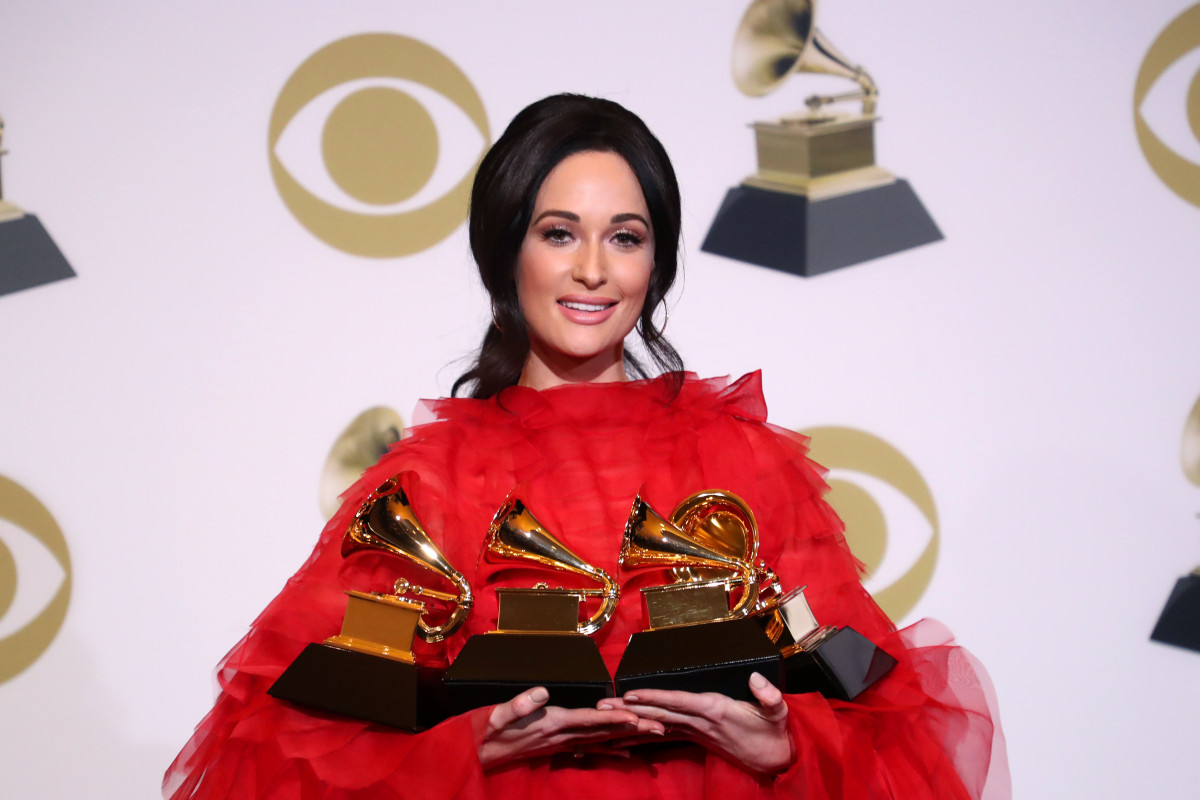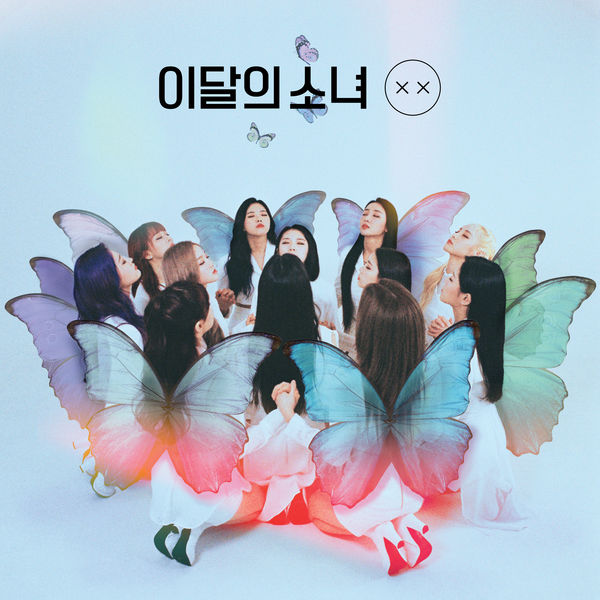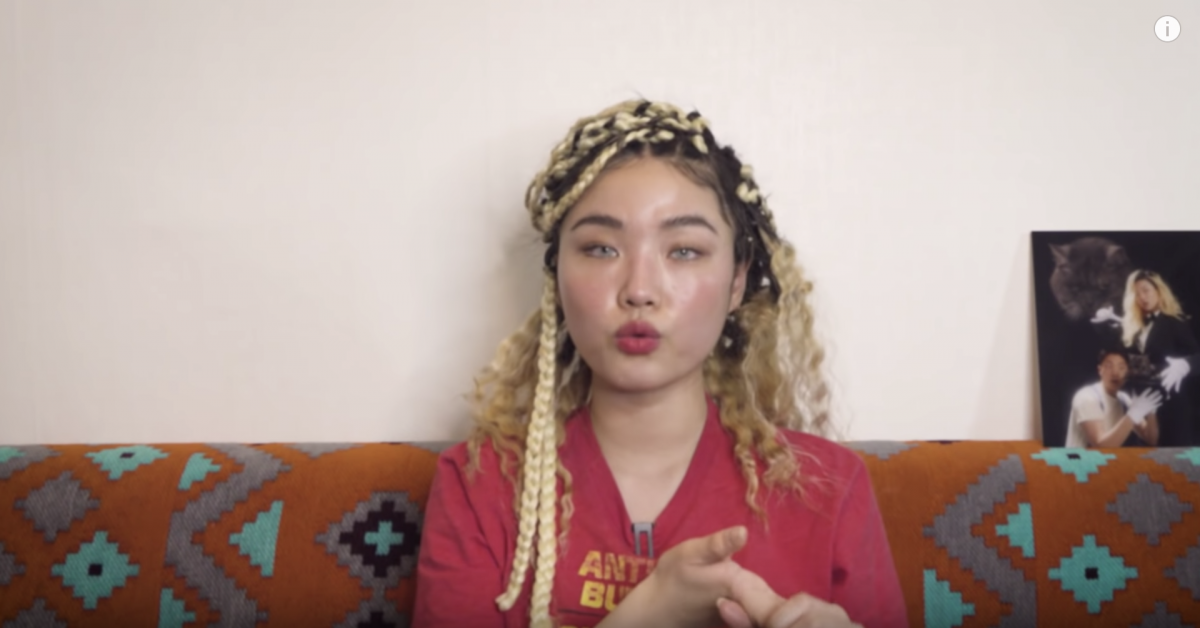Far East Movement: Its lonely at the top (DRAFT)
It’s 2010 and you are listening to the top 40 hits on your local pop music radio station. The music topping the charts range from artists like Kesha, Rhianna, Lady Gaga, and B.o.B, when all of the sudden a heavy synth tune followed by “popping bottles and the ice like a blizzard” hits your ears from the speakers of your boom box and you are instantly hooked. The artist behind the earworm is no other than quartet Far East Movement with their number 1 Billboard Hot 100 Hit, “Like A G6” making them the first Asian-American act to score a number one single on the Hot 100. Far East movement was the first Asian American act to succeed in the music industry that solidified them as part of pop culture however just as fast as they gained traction, they lost it. The deficiency of success after like a g6 was due to the fact that American media and American entertainment industry as a whole has a deficiency of Asian American bodies within itself. So when far east movement entered the scene with like a g 6 on billboard hot 100 and they kept the spot for a few weeks, they lost the spot and got lost in the crowd of artists like lady gaga, Katy Perry, Kanye West, Rhianna, amongst others who were charting at the time. Undeniably these artists are pop culture icons that everyone worldwide knows and in order to understand why Far east movent could not keep their success rolling in America we have to dig deeper into why minorities, in general, are being declined and kept away from the pop stardom, and what forces are preventing Asian Americans from becoming the next pop star sensation.
Like many groups, FEM’s assembling was nothing too fancy. They formed in 2003 and as of 2019 consist of 3 members; Kevin Nishimura, James Roh, Virman Coquia (Former), and Jae Choung who are all from Los Angeles. They are all from Asian descent and all met in high school in Los Angeles. The beginnings of the group started with James Roh and Kevin Nishimura and Jae Choung. James Roh was a straight-A student whose parents are both musicians and was pursuing law but dropped out of Law School to continue what his parents called a “hobby” which all began in a parking lot with his best pall Kevin and Jae. The trio would freestyle to beats they would download off the internet after school. This was their foundation for what was to come.
Minorities in the media have been present always but there has never been an Asian American pop star. Asian American bodies mainly lived in sports, acting, theater, and BTS work. Roles would never be given to them because they never checked all the boxes that the roles were asking for; they didn’t have the right image of what a pop star was supposed to look like, which could be translated into “you aren’t white, and don’t have western features”. Usually, Hollywood requires someone to be white, sculpted, tall, and have a sharp jaw. Things that are conventional and that people would love. Many minorities do fit in the boxes and when applying to this role they are looked at through a lens that comes from deep discrimination backed up by false stereotypes and western conventional ideas of beauty and instead are pre-judged by the color of their skin or the race box that they check on their application, and not the talent, or capacity that they carry with them. However, I do think that this is changing in recent times due to social media and the rapid speed that everything gets sent through. People have access to the world’s information at their fingertips and answers to any question are only a few taps away.
Recently Asian American bodies have been having a moment in the American entertainment industry where there are a few shows and films with Asian casting, however, sometimes these movies and these shows do fail to address that the Asian umbrella doesn’t apply to all Asians. They fail to address the different types of Asian ethnicities that are in the country that are all very different from each other. However, when casting Asian actors or when discovering Asian singers, we as non-Asian bodies tend to categorize Asian bodies as just Asian, which essentially erases their identity and ethnicity. This causes an attachment of misinformation that walks along with Asian bodies. As well as a whole set of stereotypes that don’t apply to different Asian ethnicities. We need to be aware that in order to keep Asian bodies representation we have to make sure to represent Asian bodies and their corresponding ethnicity properly by casting Chinese Americans for Chinese roles, Korean americans for Korean roles and so on because they do exist.
This issue of representation has been going on for a long time in America and although it is getting better and Asian bodies and minorities, in general, are picking up roles in big movies and shows, the shows and media are being isolated from the mainstream masses. For example, crazy rich Asians was a huge success that many people watched, and it was because for once, Asian bodies were represented in a movie as massive and as marketed as Crazy Rich Asians. It had the representation that Asian bodies and minorities alike were craving and BEGGING for, and although it did deliver, there was controversy and backlash.
In retrospect, Asian bodies in the industry and in music all face the glass ceiling. The white gaze, and the white opinion on whether someone is marketable or not depending on what they looked like. Far east movement went through this when looking for a label that would sing themThey mentioned in an interview that when they were starting off, once they got signed they had to figure out how to market themselves so they were completely trying to separate themsebles from their Asian identity because they were told that no one was going to buy music from four Asian men. So they agreed on wearing big glasses that would cover their eyes because that way at first glance people would look at them and see just 4 guys performing and not Asian men. With that, far east movement they completely took away from their culture and identity as Asian and turned it into an image that was diluted and it certainly wasn’t them. After like a g 6, far east movement was lost artistically and spiritually because they had distanced themselves so much from their identity. People started to question their talent and capacity, “I didn’t know they were Asian” “is this kpop then?” Asian bodies in music in America are so quick to be labeled Kpop regardless if the Asian individual identifies as Korean, and although members in Far East Movement do identity as Korean American, they explicitly have said that they are not Kpop.
People are going to attempt to categorize you as Kpop which is Koreas biggest export in recent years starting in 2013. it is also the most popular genre in Asia. Kpop within itself has its own rules, standards, that are completely different from the American industry. Kpop groups and artists are molded and created in a boot camp like a training program that can take up to 3-9 years depending on what the individual music label wants from their trainees. Because of this way of creating artists, Far East Movement doesn’t quite fit into all the boxes of what Kpop is. In fact, they weren’t aware of Kpop until they released Like a G 6 and overall weren’t aware of overseas music industries. such as Korea or Japan or China and we had no idea how those industries worked and they didn’t speak the languages from Asian countries. Because they grew up in LA and lived in LA, and IN America they are American but Asian and categorizing them as kpop only separates them from their identities even more.
The music industry is saturated with thousands of people trying to get into the limelight, and Asian Americans are no exception. Asian American artists do exist, it is just that they are not being signed to labels. This is due to the lack of cultivation of Asian-American talent from American labels. Asian American artists want to be pop stars, they want to be the at the level of Justin Timberlake, or lady gaga, but it’s always “the Asian thing” that keeps them from getting there. An example would be, Paul Kim who was on American Idol, impressed the judges, however, he was eliminated because he wasn’t getting enough votes by the viewers. This led to him posting music on myspace which got him really close to getting signed, but he “[…] was told over and over again by countless labels execs that if it weren’t for me (him) being Asian, I (Paul Kim) would’ve been signed yesterday. See, the issue is not that there is a lack of talent, but that there is a lack of tradition of Asian bodies in pop star level gigs, and it all is rooted in discrimination, stereotype, and racism. That is why a lot of Asian American individuals of all ethnicities take their talents elsewhere. The lack of representation of Asian Americans affects individuals who are capable of singing, and have so much talent but are unable to break through the glass ceiling due to to the lack of cultivation and exposure that labels are not willing to make due to believing that people of color are harder to market and sell. Far east movement was not immune to this, they too went through what Paul Kim went through and it almost cost them their entire career.
This paradox of culture of being Asian American is something that is so commonly seen and far east movement simply doesn’t fit and doesn’t belong in Kpop because they are American men, making music in America, and they identify as that. However, when they were about to quit music completely they went on a trip to Asia and they found themselves and found their culture and found their identity and decided to keep making music but they also changed their audience and they changed their audience to Asia and they collaborated with SM Ent. Which is one of the biggest entertainment companies (the other two being JYP and YG Entertainment) in Korea which is home to Asia’s biggest acts like Red Velvet, EXO, and Girls Generation. With a few artists from this company, they were able to craft an album with all features. However we have to take into consideration that in order to find success Far East Movement had to leave the American Music industry and had to find an audience that they weren’t entirely familiar with, and this isn’t just happening to them its something as common as the common cold.










I didn’t know this! “The first Asian American group to Hit a number 1 on the billboard hot 100”
It will be educational for me to learn about these groups! I am not a huge fan of the music but maybe that’s because I don’t understand the subtle elements of the genre which I’m sure you will talk about!